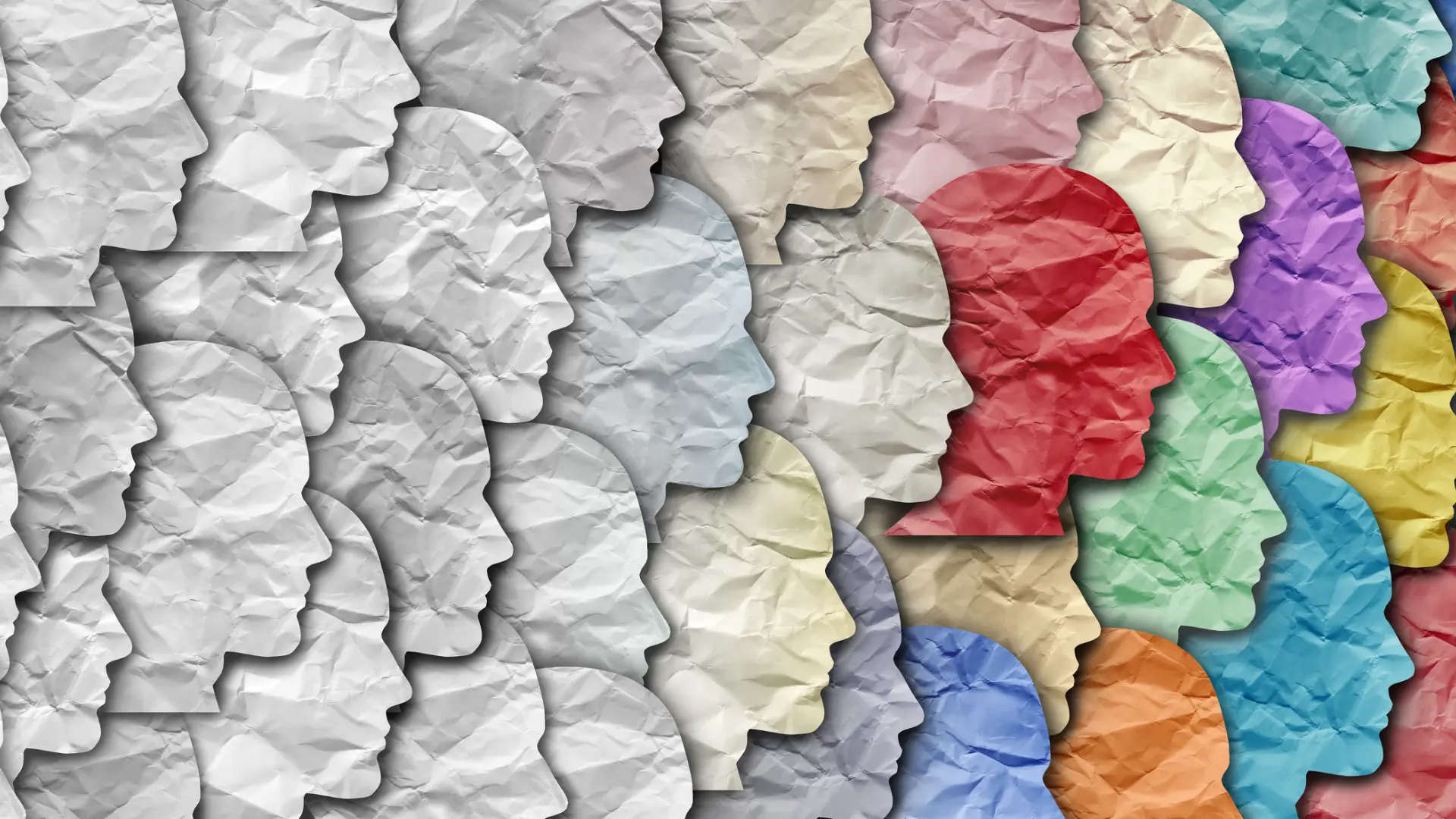
As the world becomes increasingly interconnected, it is clear that we are facing a range of social, economic, and environmental challenges that require collective action to address. The need for social change is urgent and requires an innovative and collaborative approach to problem-solving. Mentoring can play a key role in this.
At Mowgli Mentoring, we believe that mentoring can be a powerful tool for driving social change, empowering individuals, and strengthening communities. In this article, we will explore the role of mentoring in social change and share some of the ways in which Mowgli Mentoring can work with donors, funders, and foundations to create meaningful impact.
Mentoring is a process in which an experienced and knowledgeable individual shares their skills, knowledge, and expertise with a less experienced person in a supportive and empowering way. It can take many different forms, from one-on-one mentoring relationships to group mentoring programmes and peer-to-peer mentoring initiatives.
Social change refers to the collective actions taken by individuals, groups, and communities to challenge and transform existing social norms, structures, and systems. It aims to address social injustices, inequality, and systemic barriers to create a more equitable and just society.
Mentoring is essential for social change because it provides individuals and communities with the tools, resources, and support they need to overcome the challenges they face and push for social change. By connecting individuals with mentors who have the expertise, experience and network they need, we can help to bridge knowledge gaps, build capacity, and empower individuals and communities to drive change from within.
Mentoring can drive social change in a number of ways, including:
1. Empowering individuals: Mentoring provides individuals with the tools and resources they need to develop their skills, knowledge, and expertise. By empowering individuals to take control of their own development, we can help to build capacity and strengthen communities.
2. Building networks: Mentoring relationships can help to build networks of like-minded individuals who are committed to driving social change. These networks can provide individuals with access to new ideas, resources, and opportunities for collaboration.
3. Sharing knowledge and expertise: Mentors can share their knowledge and expertise with mentees, helping to bridge knowledge gaps and build capacity within communities.
4. Creating role models: Mentoring relationships can create positive role models for others to follow, inspiring individuals to become leaders and agents of change within their own communities.
5. Fostering innovation: By connecting individuals with mentors who have diverse experiences and perspectives, we can help to foster innovation and creativity, driving social change in new and unexpected ways.
Mowgli Mentoring is a mentoring specialist organisation that works with donors, funders, and foundations to create tailored mentoring programmes that drive social change. Our approach is grounded in our core values of collaboration, entrepreneurial spirit, commitment, diversity and effectiveness, and we work closely with our clients to understand their needs and priorities.
Here are some of the ways in which Mowgli Mentoring can work with donors, funders, and foundations to create meaningful impact:
1. Co-creation: We work closely with our clients and beneficiaries to co-create tailored mentoring programmes that address their specific needs and priorities.
2. Impact measurement: We use a range of impact measurement tools and techniques to track the outcomes of our mentoring programmes and ensure that we are delivering meaningful impact.
3. Capacity building: We provide training and support to mentors, mentees, and mentoring programme managers, building their capacity to drive social change within their communities.
4. Sustainability: We focus on creating sustainable mentoring programmes that can continue to drive social change long after the mentoring programme has ended.
5. Collaboration: We collaborate with a wide range of stakeholders, including government agencies, NGOs, private sector companies, and academic institutions, to ensure that our mentoring programmes are integrated into broader efforts to drive social change.
Donors, funders, and foundations can get involved in driving social change through mentoring by partnering with us. We offer a range of tailored mentoring programmes that are designed to address specific social, economic, and environmental challenges.
By partnering with us, you can:
Mentoring can drive social change, empowering individuals, and strengthening communities. At Mowgli Mentoring, we believe that mentoring is essential for addressing the complex social, economic, and environmental challenges that we face today.
By working with donors, funders, and foundations, we create tailored mentoring programmes that address specific needs and priorities, build capacity and leadership, and create sustainable change that endures over time.